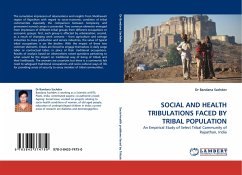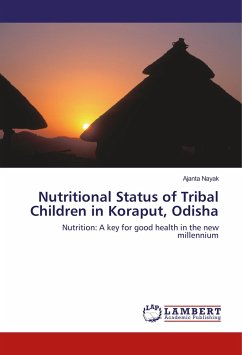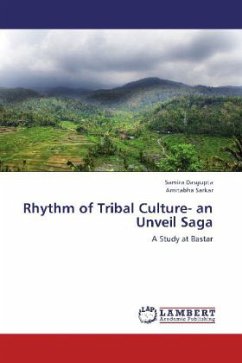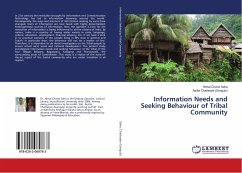The cumulative impression of observations and insights from Shekhawati region of Rajasthan with regard to socio-economic condition of tribal communities especially the comparison between temporary and permanent nomad camps is presented. Two common elements emerged from impression of different tribal groups from different occupations or economic groups: first, each group is affected by urbanization; second, as a result of changing work scenario - from agriculture and cottage industries to mass production and service industries, the value of typical tribal occupations is on the decline. With the impact of these two common elements, tribals are forced to engage themselves in daily wage labor or contractual labor, in place of their traditional occupations. Results of analysis based on observations raised questions pertaining to what would be the impact on traditional way of living of tribals and their livelihoods. The answers are uncertain but there is a commonly felt need to safeguard traditional occupations and socio-cultural ways of life for providing sense of security to every member of tribal communities.
Bitte wählen Sie Ihr Anliegen aus.
Rechnungen
Retourenschein anfordern
Bestellstatus
Storno








